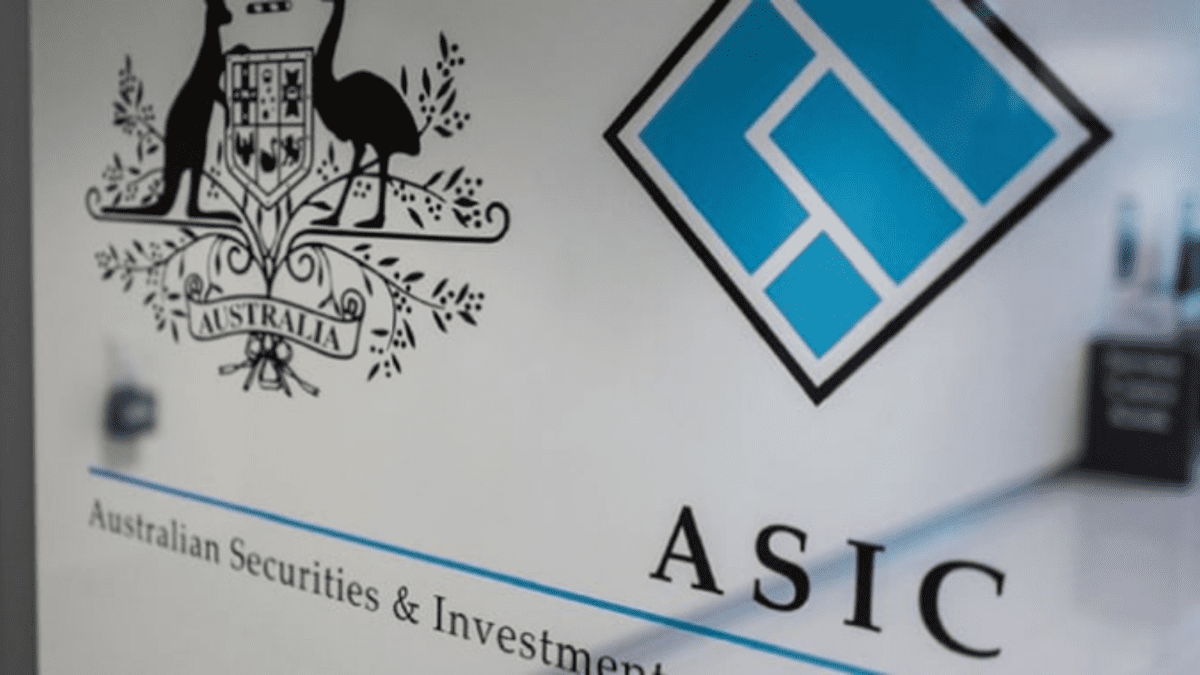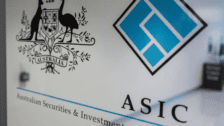Six positive catalysts that could surprise investors
Over the last year, 10-year German Bund yields have gradually declined. Investor sentiment deteriorated over the course of this period as the US-China trade dispute dragged on, taking global growth down with it.
Policymakers failed to adequately address the consequences from these events, and German Bund yields partly reflect the lingering effects of this risk-off overhang.
However, one year later, information risk is starting to dissipate, which we think may improve the odds for a positive fat tail risk event in 2020.
We think there are six factors that complement each other to potentially produce a surprise to the upside over the next year.
These six areas have the opportunity to create some positive catalysts in 2020, either in stand-alone scenarios or in complement to each other. We’ll be watching the 10-year Bund yield closely because any inflection could suggest that the idea for a positive surprise to the upside may be gaining traction with investors. The recent backup in yields could be an early sign of that upside surprise.
US-China trade
We’ll be continuing to monitor whether any tangible progress is made between the two countries. Although relations have started to thaw, the nuance was enough to catch Federal Reserve (Fed) chair Jerome Powell’s attention and time at his October 30 press conference. Policymakers and investors just need China and the US to keep moving the ball forward even if progress is incremental. We would expect the risk-on environment to return if the scheduled December tariffs don’t go through.
Fed policy
While we can’t call it quantitative easing, the Fed has resumed balance sheet expansion and has left the door open for future rate cuts. Since Powell has insisted that US monetary policy isn’t on a pre-set course, we’ll expect more flexibility from the Fed in how it responds to developments in trade, global and domestic growth, and inflation.
Global monetary policy
Central banks around the world are in the midst of a wave of rate cuts to stimulate economic growth and inflation. While developed market central banks might be running out of runway to ease, emerging markets have the room in terms of real rates and a benign inflation backdrop to continue loosening policy.
Fiscal stimulus
We’re increasingly hearing that monetary policy alone won’t be enough to cause a rebound in regional and global growth, particularly if enough progress isn’t made with respect to the trade dispute. Both the incoming and outgoing European Central Bank presidents have invoked bloc members with twin surpluses to implement fiscal stimulus.
Are the odds of Germany delivering a fiscal package increasing? Maybe. Low rates mean that debt servicing costs will be extremely low, but officials will need to think about how either the cost of servicing debt or total debt ratios would look against scenarios of low/contractionary, moderate, or high gross domestic product growth. Regardless, it will be hard for certain countries, like Germany, to justify the extra expenditures.
Global consumer optimism
Fed chair Powell also highlighted the strength of US households in his recent press conference – a trend that is also globally applicable. Wages are rising for the lower socioeconomic echelons while labour markets tighten. Consumers still have reasons to remain optimistic.
Consumer confidence will become particularly salient if a trade deal is reached and the slowdown in global growth reaches an inflection point, because these factors collectively may give businesses a reason to resume investment.
Brexit
While the idea of a December snap election may seem like a gamble, Prime Minister Boris Johnson’s last-minute negotiations with the European Union and the resulting January 31 “flextension” have significantly reduced the probability of a hard Brexit. For us, a hard Brexit has been one of the more bearish outcomes of this three-year ordeal.
Jack P McIntyre is a portfolio manager at Brandywine Global, a Legg Mason affiliate.
Over the last year, 10-year German Bund yields have gradually declined. Investor sentiment deteriorated over the course of this period as the US-China trade dispute dragged on, taking global growth down with it.










